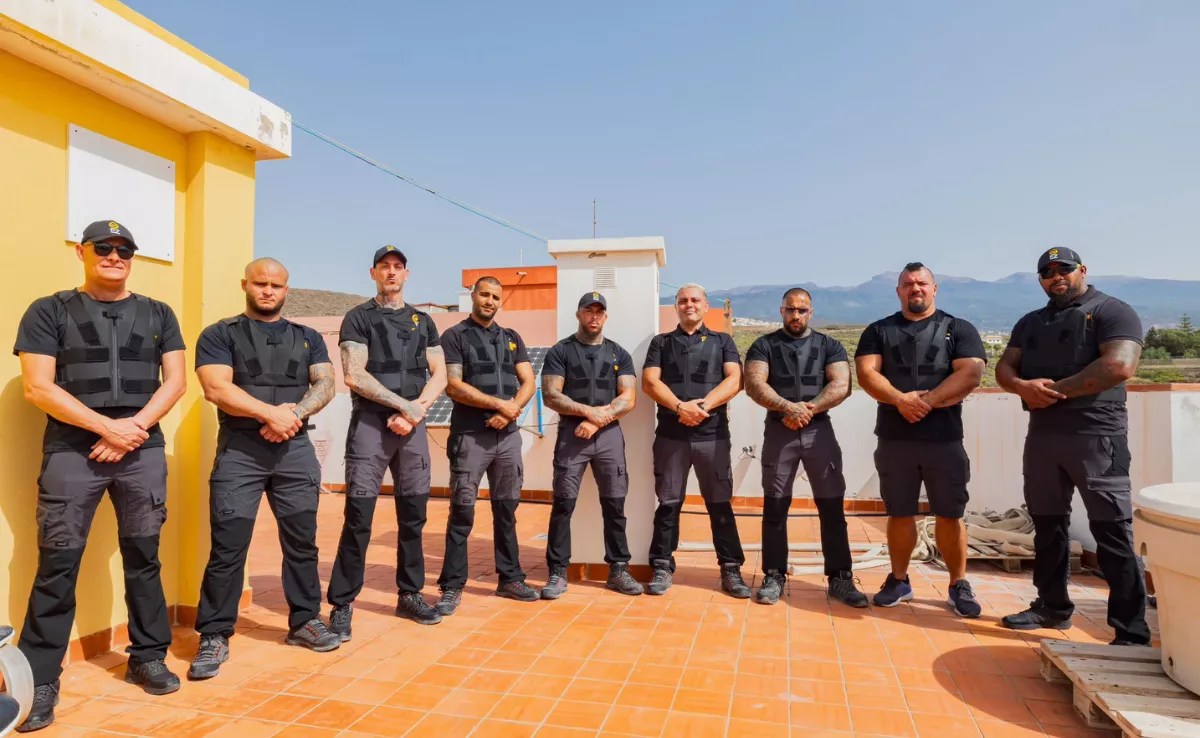
The cultivated area on the island is around 790 hectares, of which 120 have been recovered from vacant land
SANTA CRUZ DE TENERIFE, 22 Apr. (EUROPE PRESS) –
The Casa del Vino de El Sauzal hosts the first avocado fair in the Canary Islands on May 6 and 7, an initiative promoted by the Cabildo de Tenerife, the Government of the Canary Islands and the Asguacan association.
The details have been exposed this Friday at a press conference by the president of the Cabildo de Tenerife, Pedro Martín; the island councilor for Agriculture, Livestock and Fisheries, Javier Parrilla; the Deputy Minister of the Primary Sector of the Government of the Canary Islands, Álvaro de la Bárcena Argany and the President of Asguacan, Wenceslao Martínez-Barona.
The first day of the fair will be dedicated to technical and scientific conferences on pollination and irrigation and the second day will focus on gastronomy, with ‘show cookings’ by chefs from Acyre Canarias.
Martín has highlighted that it is a “bold” fair based on a crop that is very typical of the island that “has multiplied” in recent years, providing “very important income” to farmers, who have also managed to access insurance.
He pointed out that this crop allows “dignifying” work in the field and with the advantage, compared to other territories, that it is on the market practically all year round thanks to the work of organizations to reorganize the sector and make it more “competitive” .
The president has defended the environmental balance of the avocado because many farms are built on abandoned land – more than 120 hectares – so it is an “opportunity” to recover the wastelands.
Regarding the high level of water consumption, he indicated that the Cabildo is committed to treated water “at a good cost and of good quality”, giving as an example that the production of the Santa Cruz de Tenerife treatment plant is going to be channeled to the south of the island.
Parrilla has defended the “sensible development” of the crop, with the recovery of vacant land and a total area of almost 790 hectares –according to the 2021 Tenerife crop map–, far from the more than 18,000 crops that the island has.
In his opinion, there is no “landscape imbalance” or “speculative interest” in the territory.
De la Bárcena pointed out that the avocado is the “present and future” of Canarian agriculture, stressing that “past errors” linked to monoculture are not being repeated, since surplus production is well controlled and “it is well marketed”.
In fact, he has pointed out that “it seemed like a utopia” that it could be dedicated to export and now it is on the market throughout the year.
Martínez-Barona has valued the effort of the sector to achieve “professionalization” and in difficult situations derived from the latest wind storms, fires and the volcanic eruption in La Palma.
















